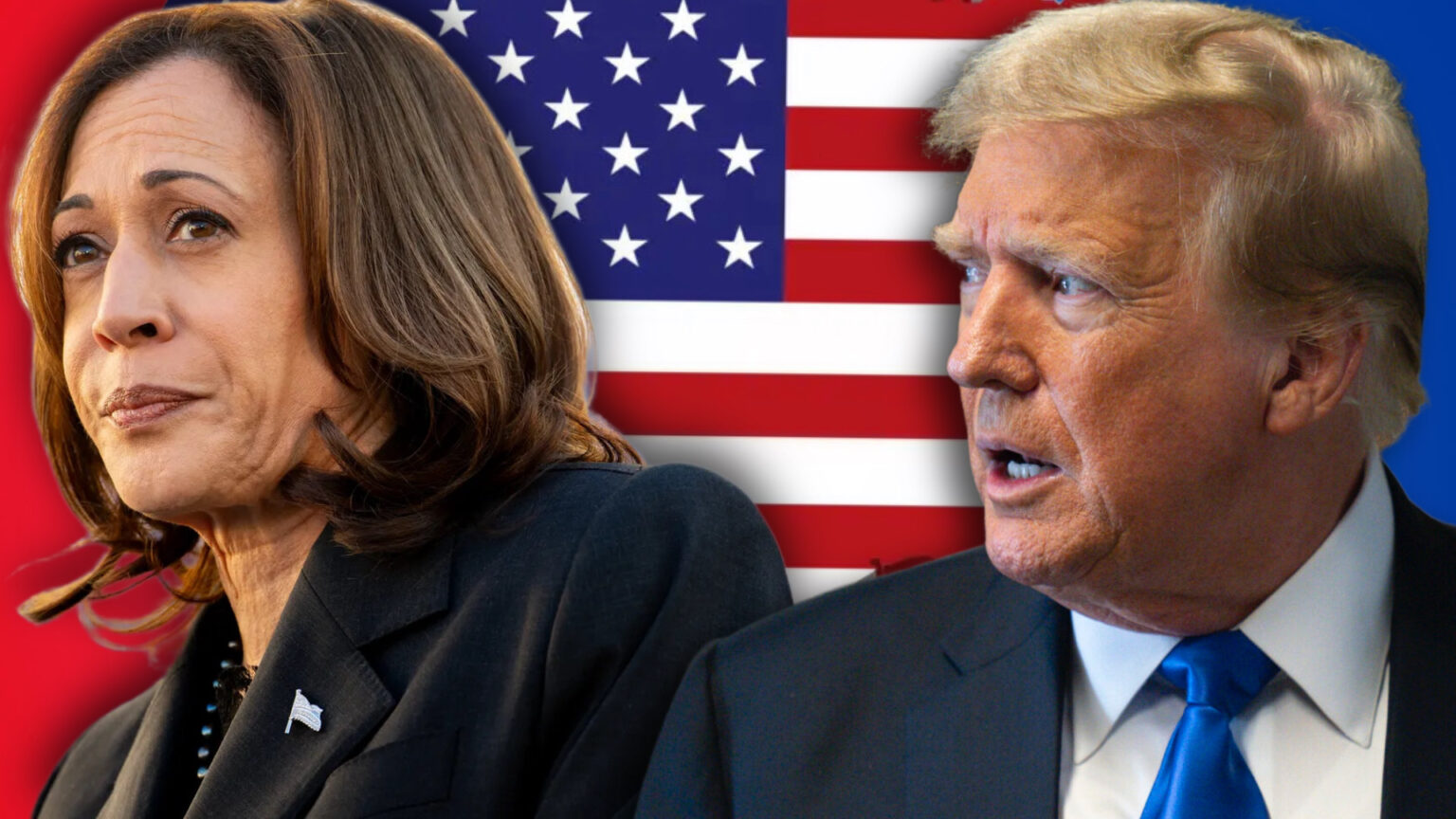Recent polling results in Iowa have sparked controversy and debate, particularly surrounding the viability of Kamala Harris as a contender against former President Donald Trump. A Des Moines Register-sponsored poll indicated that Harris held a narrow lead over Trump, garnering three percentage points more than him in the typically Republican-stronghold state. Such a finding was surprising and met with skepticism from the Trump campaign, which described this poll as a “clear outlier.” The contrasting results took on heightened significance as another poll released the same day by Emerson College revealed Trump commanding a decisive ten-point lead, suggesting a broader support base among Iowan voters for the former president.
In their critique, the Trump campaign emphasized that the Emerson College poll reflected a more accurate representation of the Iowan electorate. The campaign issued a statement highlighting that the specific methodology used by Emerson, which reported a party split favoring Republicans at R+4, provided a clearer insight into the political landscape compared to the Des Moines Register poll. The campaign pointed out that the Emerson poll aligns more closely with the actual turnout data from the 2020 elections, where Trump had a notable advantage among voters.
Furthermore, the Trump campaign’s statement addressed the stark discrepancies in demographics reported by the two polls. The Des Moines Register indicated that Harris was significantly leading among seniors, a demographic that Trump had previously dominated in the 2020 election, casting doubt on the feasibility of Harris’s lead. The campaign noted that in the most recent poll by Emerson, Trump retained strong support among Republicans, leading Harris by 93-7, and also performed well with independent voters, highlighting the need to consider party affiliation reliability in polling data.
The traffic of opinions heated up further when critics pointed out that the Des Moines Register failed to disclose its methodology transparently, especially regarding the distribution of partisan respondents in their survey. The rationale behind focusing on methodological transparency emerged as crucial for determining the credibility of polling results. In contrast, the Emerson College poll openly provided details on party affiliation, ensuring that the data presented was scrutinizable and reflected the broader voting patterns expected in the state.
The conversation surrounding the polls also drew attention to the strategic importance of Iowa in the broader context of presidential electoral campaigns. Iowa’s early primary season status makes it a focal point for candidates seeking to build momentum. Discrepancies in polling data like these can affect candidates’ perceptions of viability and strategy, shaping campaign approaches in critically formative stages. Both Harris’s campaign and Trump’s team will likely analyze these results extensively to gauge where their respective efforts should be concentrated in the lead-up to potential primary contests.
Overall, while the Des Moines Register poll may have generated initial excitement for Harris supporters, the subsequent Emerson College findings provided a more conventional snapshot of voter preferences in Iowa, reigniting confidence among Trump supporters. The evolving dynamics of the race, particularly in battleground states such as Iowa, underscore the importance of not just polling numbers but also understanding the underlying demographics and methodologies that produce them. As candidates continue their pursuit of the presidency, such debates about polling accuracy and voter sentiment will remain at the fore of political discourse and strategy.

